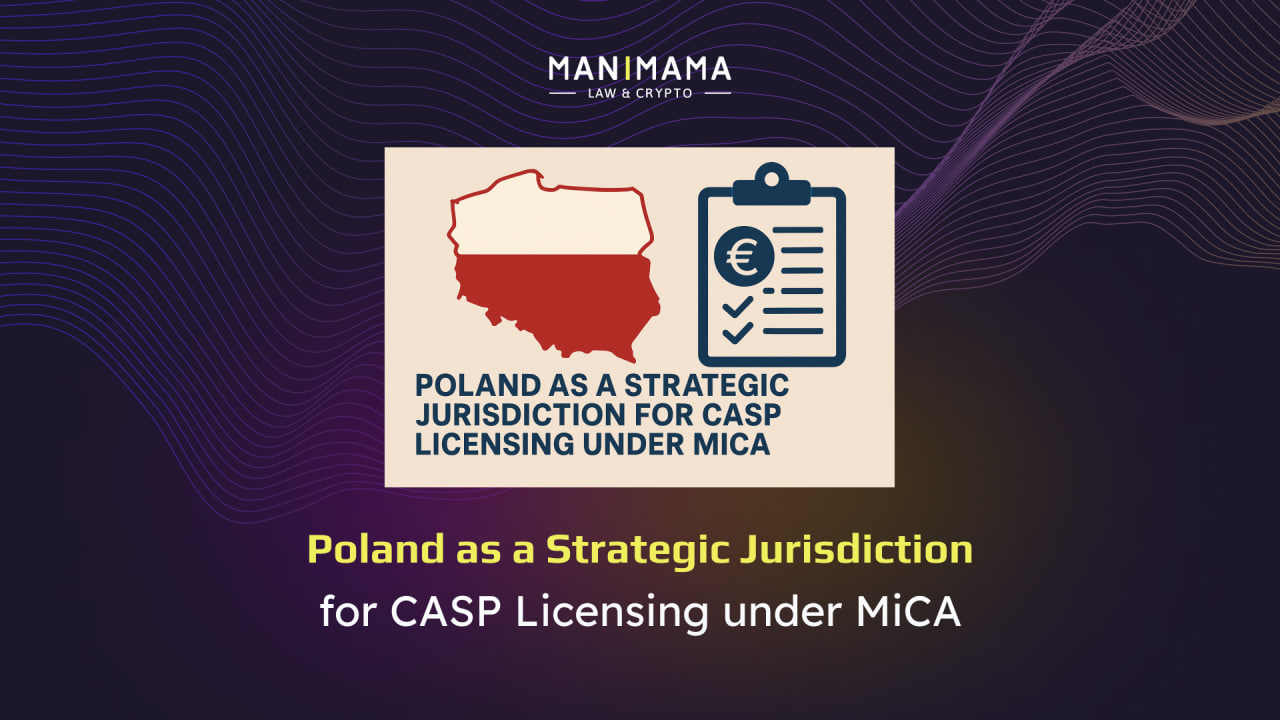In this article, we will briefly discuss the legality of doing business in the UAE and the procedure for taxing businesses and key regulatory updates that directly affect the business environment in the UAE.
Commercial Companies
There are several options for incorporationg of legal entities and business registration in the UAE:
- General partnership.
- Partnership.
- Joint venture.
- Public Joint Stock Company.
- Closed Joint Stock Company.
- Limited Liability Company.
- Equity Partnership.
Foreign companies can also register a branch or representative office in the UAE. At the same time, the Commercial Companies Law prescribes that the enterprise will be 100% owned by the parent foreign company, while also requiring the appointment of a local agent. Only UAE nationals or companies owned by UAE nationals can be appointed as local agents.
The law allows investors and entrepreneurs to create and wholly own land based companies in all sectors, with the exception of a small number of reserved “strategic activities“. The recent amendment to the law aims to boost the country’s competitive advantage as part of the UAE government’s broader program to diversify the economy towards an innovative, knowledge-based economy. It is worth discussing the key regulatory codes and regulatory updates that directly affect the business environment in the UAE.
This law aims to increase foreign direct investment (hereinafter referred to as “FDI”) and confirms the status of the UAE as a leading business center at the regional and global levels. The law also details the permits and licenses required for companies to conduct business in the UAE, as well as the name of the company, contract, registration procedures, conditions for increasing and decreasing capital. The New Companies Act, effective as of January 2, 2022, introduces key changes to create two new corporate entities: a Special Purpose Acquisition Company (SPAC) and a Special Purpose Entity (SPV). A number of other changes to the New Companies Law will provide greater flexibility in some areas, including corporate governance and corporate reorganizations for Limited Liability Companies (LLCs) and Public Joint Stock Companies (PJSCs).
The UAE passed Law by decree No. 19 of 2018 on Foreign Direct Investment (“FDI Law”), which removed ownership restrictions for a certain set of economic activities. The law will also allow companies to apply for exemptions from ownership restrictions. This law helps to remove much of the regulation and administrative barriers to attracting foreign and Arab direct investment. It creates a unified regulatory framework for foreign investment in terms of regulating investment procedures, licensing and registering companies in the UAE. The law regulates the benefits, tax incentives and guarantees for foreign investors and their rights, as well as regulates their obligations.
The UAE Competition Law protects investors who choose to register a company in the UAE. This law is intended to free the national economy from all unfair practices that adversely affect its efficiency, including from monopolies. The law is developed in accordance with the recommendations made by the World Trade Organization in its latest UAE Trade Policy Review. The law offers a favorable business environment to promote efficiency, competitiveness, consumer welfare and sustainable development in the country.
The new federal law, which describes the registration of commercial companies, controls the registration of companies in the UAE. This new federal law requires all companies to develop a common corporate governance framework to protect shareholder rights, disclose financial data, achieve transparency, and improve the efficiency and integrity of the company’s board of directors.
The new law on commercial arbitration attracts large investors to register companies in the UAE. This law will be applied to resolve commercial disputes. Under this law, civil cases will be heard by the civil courts of the respective emirates, while the Abu Dhabi Federal Court of Appeal will hear cases of international disputes. The law is in line with international principles of arbitration, in particular the law of the United Nations Commission on International Trade Law.
- National Economic Register
Each Department of Economic Development (DED) and non-financial Freezone Authority (which the New Law refer to collectively as “Competent Authorities”) must maintain a Commercial Register of all businesses operating under its purview. This is in fact already largely in place, however the New Law goes much further in formalizing these registers. The Business Register Law has been amended to allow local governments in each emirate to retain the right to create and maintain business records, including registration, data monitoring and amendment. A clearer scope of application of the law was also defined, including the registration of companies and economic institutions in all forms, both commercial (companies) and professional, such as law firms, accounting and others, in order to ensure the completeness of the data contained in the commercial register for all economic establishments in the UAE. The commercial register is maintained by the Ministry of Economy and contains detailed information on all enterprises operating in the UAE.
Free economic zones (offshore) UAE
In the offshores of the UAE, there is a general rule that is characteristic of such zones around the world: if foreign representatives act as subjects of legal relations, they themselves have the right to choose the rules by which they will be guided. However, if a citizen of the Emirates is involved in the relationship, then this case falls under the jurisdiction of the judicial authorities of the country. At the same time, local authorities continue to monitor the activities of the subjects, as well as the police. But, in a controversial situation, you do not have the right to be judged according to the laws of the UAE (this does not apply to especially serious crimes).
Licensing businesses
Before actually starting its activities, a commercial enterprise must obtain a license allowing it to carry out its chosen economic activity. There are six types of licenses: commercial, agricultural, craftmanship, professional (licenses to engage in professional activities), industrial and tourism. Such licenses are issued by the DED of each emirate. It is possible to apply for a business license through the Department of Economic Development website or in person at the DED Customer Service Center. Depending on the specialization of the business and the nature of the economic activity, applicants may require the following permits from certain government agencies:
- insurance industry – Insurance management.
- health sector – Ministry of Health.
- hospitality sector – Abu Dhabi Tourism Authority.
- banking and financial institutions – Central Bank of the UAE.
- manufacturing companies – the Ministry of Finance and Industry.
In general, all industrial and commercial businesses in Dubai must also be registered with the Dubai Chamber of Commerce and Industry.
Moreover, commercial licenses are issued to owners of enterprises that carry out activities such as:
- general trade;
- conclusion of a contract (contractual activity);
- property;
- transport;
- healthcare.
Professional licenses are issued to persons whose work depends on their mental, intellectual abilities, academic achievements and scientific talents, such as: consultants, lawyers, auditors, etc. Industrial activity licenses are issued to owners of factories of any type that produce products for the purpose of selling them and making a profit.
Crypto License
Cryptocurrency licenses are classified as business licenses. Commercial processes, including the trading process, require a commercial license. This license allows you to engage in all other cryptocurrency operations in Dubai. The UAE cryptocurrency license is currently subject to strict regulations from the UAE government as well as the Central Bank. In the long term, it is expected to become one of the main business categories.
Currently, three free trade zones issue cryptocurrency licenses in the UAE:
The DMCC Cryptocurrency License in Dubai allows business activities such as the provision of crypto-related services; storage of cryptocurrency; trading, management, development of cryptocurrency. Also providing advisory services and consultations with a cryptocurrency license in Dubai. The license is only available for trading crypto-goods and no ICOs or exchanges are allowed. In addition to the innovation license category, the normal DMCC corporate ownership and licensing rules apply.
Companies with a cryptocurrency license granted by DAFZA can carry out business activities with their crypto assets. They can provide services to global investors coming to Dubai.
The Abu Dhabi Global Market Free Zone (ADGM) allows the use of crypto assets that are regulated by the Financial Services Regulatory Authority (hereinafter referred to as “FSRA”). This is the regulatory body that governs all crypto assets in the UAE.
It is difficult to give an accurate estimate of the cost of a cryptocurrency license in the emirates. The total amount of capital required will depend on the exact nature of the business; place of establishment of the company; and the size of the operation. The total cost of the entire process can be around 34,690 USD (EUR 31,370) and it includes:
- company formation costs;
- payment for filing an application for a license for cryptographic work;
- opening a corporate account with EMI (outside the UAE).
Setting up a new VASP company in the UAE may take about 4 weeks.
As of today, there is no specific crypto law in the UAE. The Financial Services Regulatory Authority’s (FSRA) “Crypto Asset Regulation at ADGM” is the most comprehensive guidance on cryptocurrencies in the UAE. In accordance with it, a company carrying out operations with crypto assets must comply with the following requirements:
Only certain crypto assets are allowed. The decision regarding specific crypto assets is made based on market capitalization, traceability, security, price volatility and other factors;
- Keep capital funds equivalent to 6 months of operating expenses” (12 months equivalent for crypto data exchange);
- Prevention of fraudulent activity and the requirement “know your customer” (hereinafter – “KYC”) require compliance;
- Mandatory risk management and disclosure;
Ensure the safety of funds and information through measures such as “versioning of codes, implementation of updates, problem resolution, regular internal testing and third party testing.”
With a diversified economy, a stable political system, strong capital flow, a favorable tax environment and liberal trade regimes, the UAE is now an attractive investment hub with the vision of becoming an economic, tourism and commercial capital for more than two billion people. With a constant stream of new business opportunities, investor-friendly legislation, a sound financial system, and a well-developed infrastructure, the UAE is becoming one of the most attractive jurisdictions for doing business and is expected to continue its position in the coming decades.
The content of this article is intended to provide a general guide to the subject matter, not to be considered as a legal consultation.
Photo credits











